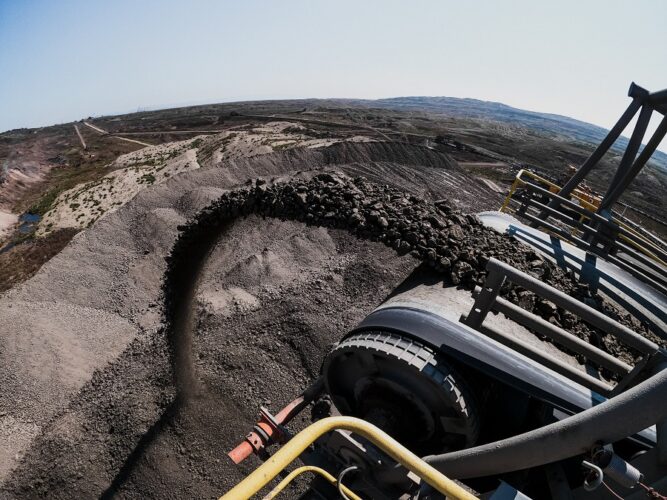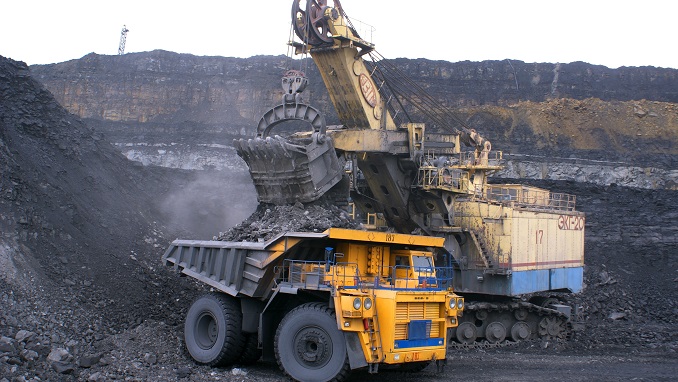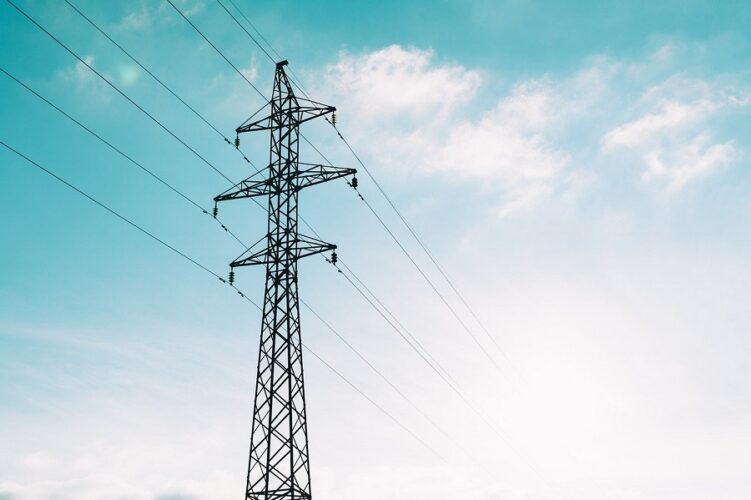In an effort to combat pervasive corruption in the industry, Mongolia will start exporting coal on Wednesday at rates established through auctions on the Mongolian Stock Exchange (MSE) and will stop entering direct sales agreements with foreign purchasers, primarily from China, Reuters reported.
Following protests in the capital Ulaanbaatar in early December over a corruption scandal involving coal, authorities took action.
On December 14, the government passed a rule mandating companies interested in coal exports to conduct their transactions through open electronic trading via the MSE beginning on February 1.
Buyers had to handle the logistics alone under the prior trading system, which only allowed them to pay miners mine-mouth prices. In order to streamline the coal export procedure, the newly introduced “border prices” will take transportation costs into account.
Mysteel anticipates that by Q1 of 2023, the majority of significant Chinese companies will have entered into term agreements with Mongolian miners, which will account for 70% of all coal traffic between the two nations at that time.
Analysts and traders anticipate that the new regulation would result in higher coal costs in the future, especially for the current Chinese consumers.
The MSE held a test coal auction in mid-January during which around 12,800 tonnes of coal from Energy Resources were auctioned. According to Montsame, the official news agency of Mongolia, the border price was decided upon at the auction at $187 per tonne.
At the Chinese border port of Ganqimaodu, the spot price of coking coal was estimated to be around $220 per tonne.
In order to help participants become familiar with the digital trading platform, payment, and shipping, the exchange will also provide a training session on the online coal export trade on February 1.
According to VOA, coal makes up more than half of Mongolia’s exports to China, which receives 86% of them, and the country is reinvesting in its infrastructure in the expectation of increasing its trade with its southern neighbor.
According to deputy mining minister Batnairamdal Otgonshar, officials expect Mongolia to surpass the record 37 million metric tons shipped to China in 2019 and continue providing China with a consistent flow of coal long into the following decade.
The need for coal won’t go down in the next ten years, he said, but technology may. “The next ten years still provide opportunities.”
In order to connect Mongolia to China’s ports and processing facilities, Batnairamdal is urging the country to spend substantially in coal and new railways.
Mongolian coal will face more competition from Australian cargoes, which Chinese consumers prefer owing to their quality, as China increasingly relaxes its unofficial restriction on Australian coal imports.



